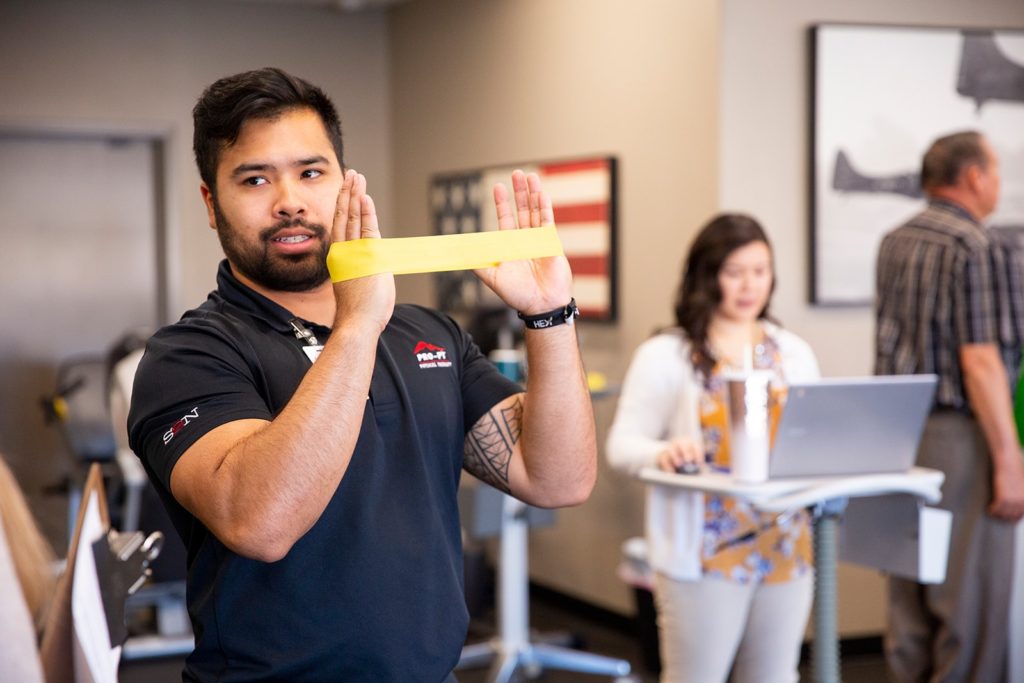The Crucial Impact of Resistance Exercise on Enhancing Rehabilitation and Performance in Sports Recovery
The Crucial Impact of Resistance Exercise on Enhancing Rehabilitation and Performance in Sports Recovery
Blog Article
Strength training holds a vital part in athletic rehabilitation, helping athletes recover from traumas and enhance their overall performance. When an athlete gets hurt, their body requires period to heal. However, during this rehabilitation period, it is crucial to maintain power and mobility to prevent further injuries. Resistance conditioning can be tailored to suit the requirements of each individual, focusing on specific muscular groups that may have been impacted by the injury. This targeted method not only aids in rehabilitation but also prepares the individual to come back to their sport more robust than before.
One of the main advantages of strength conditioning in rehabilitation is its capability to enhance muscular strength and endurance. When muscular tissues are stronger, they can more effectively support articulations and reduce the chance of re-injury. For instance, an athlete healing from a knee trauma can benefit from workouts that strengthen the thigh muscles and hamstrings. These muscular tissues play a vital part in stabilizing the knee articulation. By incorporating resistance conditioning into their rehabilitation program, athletes can recover their power more efficiently and securely.
In addition to developing power, strength conditioning also enhances mobility and scope of motion. Many injuries can result to stiffness in the injured area, causing it difficult for individuals to navigate freely. Strength training workouts often involve extending and lengthening the muscular tissues, which can assist reestablish flexibility. For instance, adding weight bands or dumbbells into stretching programs can improve the effectiveness of these workouts. As flexibility improves, individuals can execute movements more effectively, which is essential for peak capabilities in their sport.
Another crucial factor of resistance conditioning in sports recovery is its beneficial effect on mental health. Recovering from an trauma can be a difficult and exasperating process for individuals. Engaging in strength conditioning can provide a feeling of news achievement and enhance confidence. As athletes see gains in their power and abilities, they may feel more driven to persist their recovery process. This mental boost can be just as crucial as the bodily benefits, as a positive attitude can result to better outcomes in rehabilitation.
Finally, resistance training can assist individuals move back to their sport more smoothly. Once they have recovered their power and flexibility, athletes must to rehearse activity-specific movements to guarantee they are prepared for competition. Strength conditioning can be combined with sport-specific exercises to create a holistic rehabilitation program. This blend allows athletes to not only recover but also improve their capabilities. By focusing on both rehabilitation and capabilities, strength conditioning becomes an crucial tool in the recovery journey, assisting athletes return to their activity stronger and more resilient.